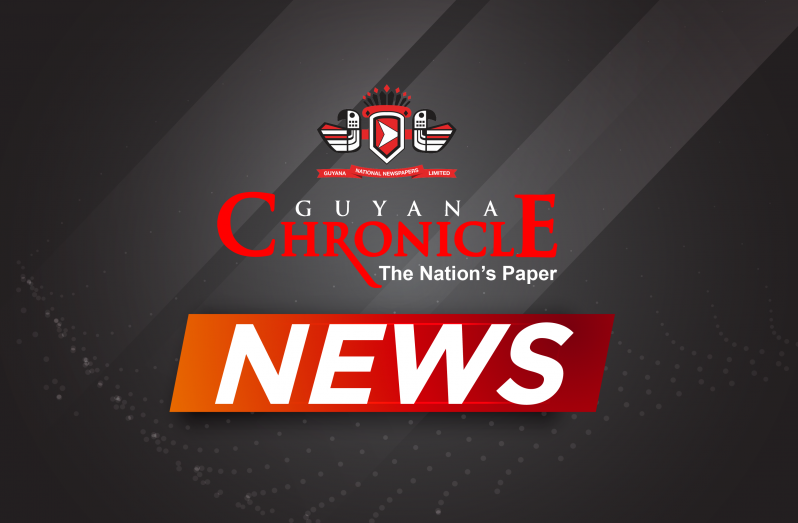CONSTITUTIONAL Reform cannot be achieved only with the will and actions of the coalition government, but all stakeholders including the opposition and civil society must be incorporated to play an active role, said executive member of the People’s National Congress Reform, Rear Admiral Gary Best.
Best made the comments while addressing reporters at his party’s news conference on Friday last. He said “constitutional reform is not an activity for the party in power, it is an activity for all the parties that are in power and parties who seek to have power. We will have this delay all the time that ‘the APNU-led Administration is in power but there is no constitutional reform’ but it can’t be done without the cooperation of the other Members of Parliament,” Best said on Friday.
Guyana’s Constitution is an arrangement of fundamental principles that govern the State and constitutional reform seeks to modify some fundamental structures of these principles.
The 1980 Constitution was reformed and the changes enshrined in the revised Supreme Law in 2001.
Upon entering office, Prime Minister, Moses Nagamootoo immediately set up a steering committee which produced a report. Subsequently a Constitutional Reform Commission was established in Parliament comprising Attorney General and Minister of Legal Affairs Basil Williams, SC who is the Chairman; Minister of Public Security, Khemraj Ramjattan; Minister of Education, Dr. Nicolette Henry; Minister of Natural Resources, Raphael Trotman and former Minister of Public Service, Dr. Rupert Roopnaraine. Opposition Members of Parliament (MPs) on the commission include Anil Nandlall, Priya Manickchand, Dr. Frank Anthony and Adrian Anamayah.
However, reform requires the support of at least two-thirds of the House and, while the government is willing, Nagamootoo says that the opposition has been ambivalent with the process. Just in December 2018, a meeting called by Williams was only attended by the government MPs. “Constitution reform requires, in most cases, two-thirds of the Members of Parliament to get changes…so, as a single party power it is difficult for that party alone to have constitutional reform,” Best reiterated.
“There is sufficient goodwill and sufficient interest within the PNCR to deal with constitutional reform, the party is committed to it. That is what the party can say without fear of contradiction; it is committed to constitutional reform.”
The PNCR Executive, still on the topic, noted that if Guyana is going to embark on constitutional reform citizens must also be given avenues to voice their input on the changes which will ultimately affect them. He stated that the PNCR has and will maintain an “open-door policy” when it comes to the discussion of these and other issues with the opposition and members of the public.
Only recently Legal Adviser to the Office of the Prime Minister, Tamara Khan, told the National Toshaos Council that the Indigenous community will not be left out of the consultations and education campaigns on Constitutional Reform. During a presentation on Constitutional Reform, Khan reminded that it was President David Granger himself, who said that Constitutional Reform should involve the citizens of Guyana, with consultations being held at the very grassroots level.
The Indigenous peoples, she said, are a vital group of the population. “The President said the constitutional reform should be led by the citizens, because it is the citizens who have to live with the decisions. For the process to be effective, we have to start the process of public education. We intend to come to you. Invite us to your community, allow us to come to you and allow the process to become fashionable for all Guyanese to be involved in the process,” Khan told the gathering.
Khan is the co-chair of a committee for public education on the constitutional reform that, in the next few months, will be rolling out a number of projects and initiatives geared at stimulating awareness and understanding about the Constitution.




.jpg)









